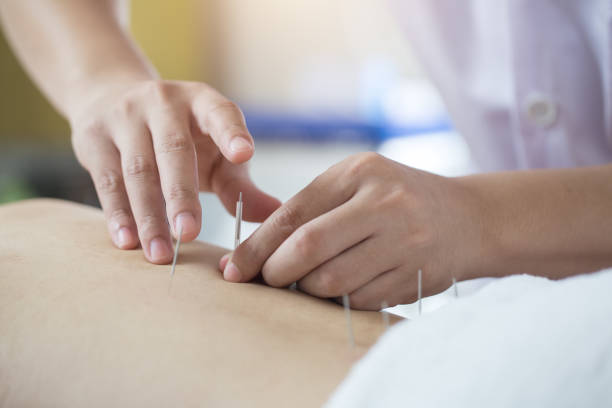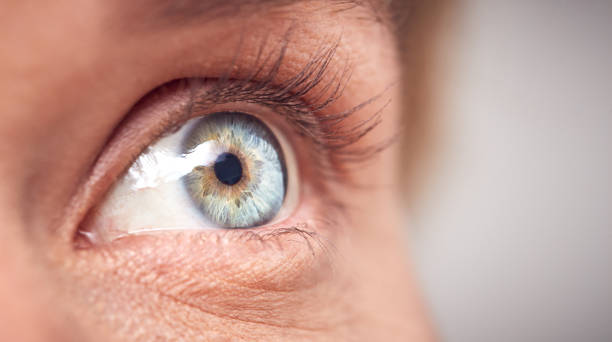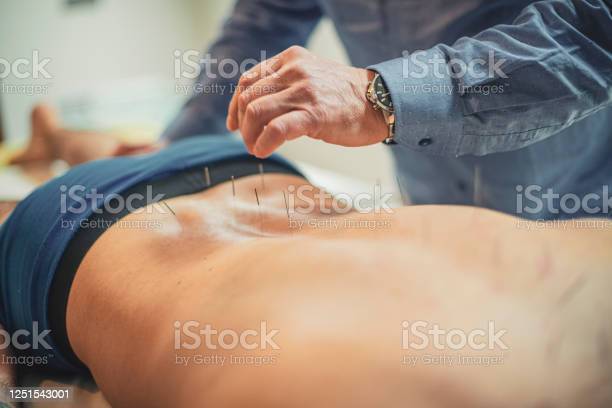|
|
|
 |
 |
|||||||||
| Home Page |
|
|||||||||

Acupuncture originated from ancient Chinese and Japanese era. It has become a modern medicine and fortunately it made a lot of people happy and healthy. The reason behind it successful journey into this generation is basically its positive effects and remarkable positive feedbacks from people who have really experienced the rejuvenating and safe application of such natural medical practice. In fact, this type of medicinal practice requires painless method and treatment.
Although it uses specialized needles to be inserted into specific area on your body, you will feel no pain. You will even benefit more from it. The use of needles is required because it creates a pathway or passage of blocked areas in your body to allow the proper passage of positive energy into your system. The reason for this is to allow your chi or qi to obtain the right energy to support your body and prevent it from catching ailments or undesirable elements that would invade or attack your healthy body.
Chi or qi refers to your life force or energy. Each living thing has it. However, failure to maintain or improve it will result to great health risks such as severe body pain in many parts of the body, indigestion, stress and even depression. The negative effects will not only touch your physical aspects but also your innermost parts and unfortunately, it will lead to complications or worse death. That is why you must not resort to any kind of alternative medicine immediately. You need to cleanse your system and, at the same time, make sure that from within you are well so that it will reflect from the outside.
Physical or Inner pain can be healed by Acupuncture. In fact, many ailments have already been eliminated or even cured due to this medicinal application into the system. Harmful ailments can attack your immune system and affect your movement as well. It may even put you at risk if you do nothing about it. Health ailments such as indigestion, body pain like arthritis, rheumatism, dysmenorrhea, and even stress can be eliminated. Truly, with the help of natural medicine, your body will be healed and rejuvenated.
Sometimes it is difficult to eliminate pain in the body especially if you do not know the source. However, when you know about Acupuncture, you will worry no more because you have a remedy to make yourself feel better and even allow yourself to obtain the benefits of improving your health.
In sum, Acupuncture is not a remedy for alternative medicines. If you must have to see a surgeon for operation, then you should especially when you have open wounds or injuries but it will not erase the fact that with Acupuncture, you will be relieved from pain whether or not you have experienced health problems.
Want to learn more about acupuncture, you can visit us at AB Acupuncture.

Seeing is believing—or, in the case of corneal transplantation, maybe it’s better to say that believing is seeing. The success of this life-changing surgery has much to do with the psychological state of the patient. A positive outlook and a bit of hope go a long way in the journey to regaining one’s sight.
Corneal transplantation is not without its challenges, but for those who undergo the surgery and persevere through the recovery process, the results can be life-changing. Here’s a look at what you can expect before, during, and after your corneal transplant.
The first step is to consult with a cornea specialist to see if you’re a good candidate for transplant surgery. If you have vision problems caused by keratoconus or another degenerative disease, you may be a good candidate. Other factors that will be considered are the severity of your condition, your age, and your overall health.
Corneal transplant surgery is usually performed on an outpatient basis, which means you can go home the same day. The surgery itself takes about two hours. First, the surgeon will remove your damaged cornea and replace it with a healthy donor cornea. Then, they will secure the donor cornea in place with sutures.
Full recovery from corneal transplant surgery can take up to a year or more. During that time, it’s important to take good care of your eye and follow your doctor’s instructions. You’ll likely need to use eye drops several times a day and attend follow-up appointments so your doctor can monitor your progress.
You may also experience some side effects, such as light sensitivity, double vision, and glare. These side effects are usually temporary and should improve within a few months as your eye heals.
It’s also important to keep in mind that there’s always a risk that your body will reject the donor tissue. If this happens, you may need additional surgery or treatments to improve your vision.
Corneal transplantation is not without its challenges—but for those who undergo the surgery and persevere through the recovery process, the results can be life-changing. With proper care and follow-up appointments, most people who have had corneal transplants regain significant vision within six months to a year after their surgeries.
And while there is always a risk of complications or rejection, advances in medical technology have made these procedures much safer than they were even just a few years ago. So if you’re considering corneal transplant surgery, know that you’re in good hands—and that there is hope for regaining your sight.
Corneal transplantation is a highly successful surgery that can restore vision for people who have been living with corneal disease. In most cases, the transplanted tissue takes hold and functions well, allowing patients to regain their sight.
If you or someone you know is struggling with vision loss due to corneal disease, don't hesitate to reach out to us here at Ophthalmic Consultants of the Capital Region. We specialize in these types of procedures and would be more than happy to help you or your loved one get back on the road to seeing clearly again. Contact us today for more information or to schedule an appointment!

Do you suffer from chronic pain? You're not alone. In fact, one in three adults in the United States suffers from some form of chronic pain. If you've been living with pain for a while, you've probably tried a lot of different treatments with varying degrees of success.
You may be hesitant to try yet another treatment, but orthopedic acupuncture just might be the answer you've been looking for. Keep reading to learn more about how this type of acupuncture can help relieve your pain.
Orthopedic acupuncture is a type of acupuncture that focuses on the musculoskeletal system. It is based on the principles of Traditional Chinese Medicine (TCM) and can be used to treat a wide variety of conditions, including:
- Chronic pain - Arthritis - Joint pain - Muscle spasms - Sciatica - Sports injuriesAcupuncture is based on the belief that there is an energy force, known as qi, that flows through the body along pathways called meridians. When this flow is disrupted, it can lead to illness or disease. The goal of acupuncture is to restore the flow of qi by inserting thin needles into specific points on the body.
Orthopedic acupuncture specifically targets points that are associated with the musculoskeletal system. Stimulating these points can help relieve pain, improve circulation, and reduce inflammation.
Acupuncture is generally considered safe when performed by a trained and licensed practitioner. There are very few side effects and most people report feeling relaxed after a session.
If you're living with chronic pain, orthopedic acupuncture may be worth a try. It's safe, effective, and has been used for centuries to treat a variety of conditions. Talk to your doctor or an acupuncturist today to see if it's right for you.
Orthopedic acupuncture is a holistic, minimally invasive approach to addressing chronic pain and dysfunction. It can be used as either a standalone therapy or in conjunction with other forms of treatment, such as physical therapy or chiropractic care.
If you're experiencing orthopedic issues and would like to explore whether orthopedic acupuncture could help you find relief, contact us or drop by our office at AB Acupuncture today. We would be happy to answer any of your questions and determine if this form of treatment is right for you.